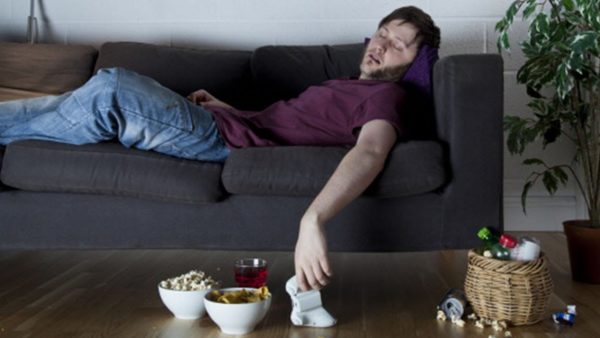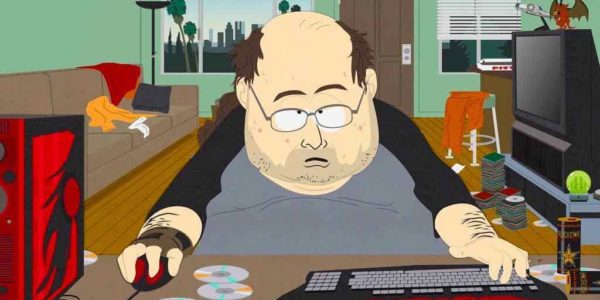World Health Organization Will Add “Gaming Addiction” To Mental Health Disease List

Just one more quest? Just one more level? we’ve all been there…
Gaming addiction will become a mental disorder officially recognized by the World Health Organization (WHO) next year.
The WHO, originally founded in 1946 as an agency of the United Nations dedicated to international health, is set to publish an updated International Classification of Diseases in 2018.
There is already a beta draft available online for ICD-11 and gaming addiction is filed under Mental, behavioral or neurodevelopmental disorders\Impulse control disorders. Here’s the current, work-in-progress description by the WHO:
Gaming disorder is characterized by a pattern of persistent or recurrent gaming behaviour (‘digital gaming’ or ‘video-gaming’), which may be online (i.e., over the internet) or offline, manifested by: 1) impaired control over gaming (e.g., onset, frequency, intensity, duration, termination, context); 2) increasing priority given to gaming to the extent that gaming takes precedence over other life interests and daily activities; and 3) continuation or escalation of gaming despite the occurrence of negative consequences. The behaviour pattern is of sufficient severity to result in significant impairment in personal, family, social, educational, occupational or other important areas of functioning. The pattern of gaming behaviour may be continuous or episodic and recurrent. The gaming behaviour and other features are normally evident over a period of at least 12 months in order for a diagnosis to be assigned, although the required duration may be shortened if all diagnostic requirements are met and symptoms are severe.
The decision to classify gaming addiction as a mental health issue came after a recent study looked at 19,000 men and women from the UK, Canada, and the US. Symptoms included antisocial behavior, withdrawal, lack of control, and anxiety among other signs. The difference seeming to be that some people let games control their life, in some cases squandering their savings on in-game purchases to feed the addiction.
Discover more from DDO Players
Subscribe to get the latest posts sent to your email.






I was addicted to DDO for probably several months years ago, to the point where I would stay up until 2:00 a.m. or 3:00 a.m. playing and be very tired the next day after only four or so hours of sleep. I saw that DDO was interfering with running my business, so I cut back on playtime. That was worst the addiction ever became for me, which is very mild compared to many other people.